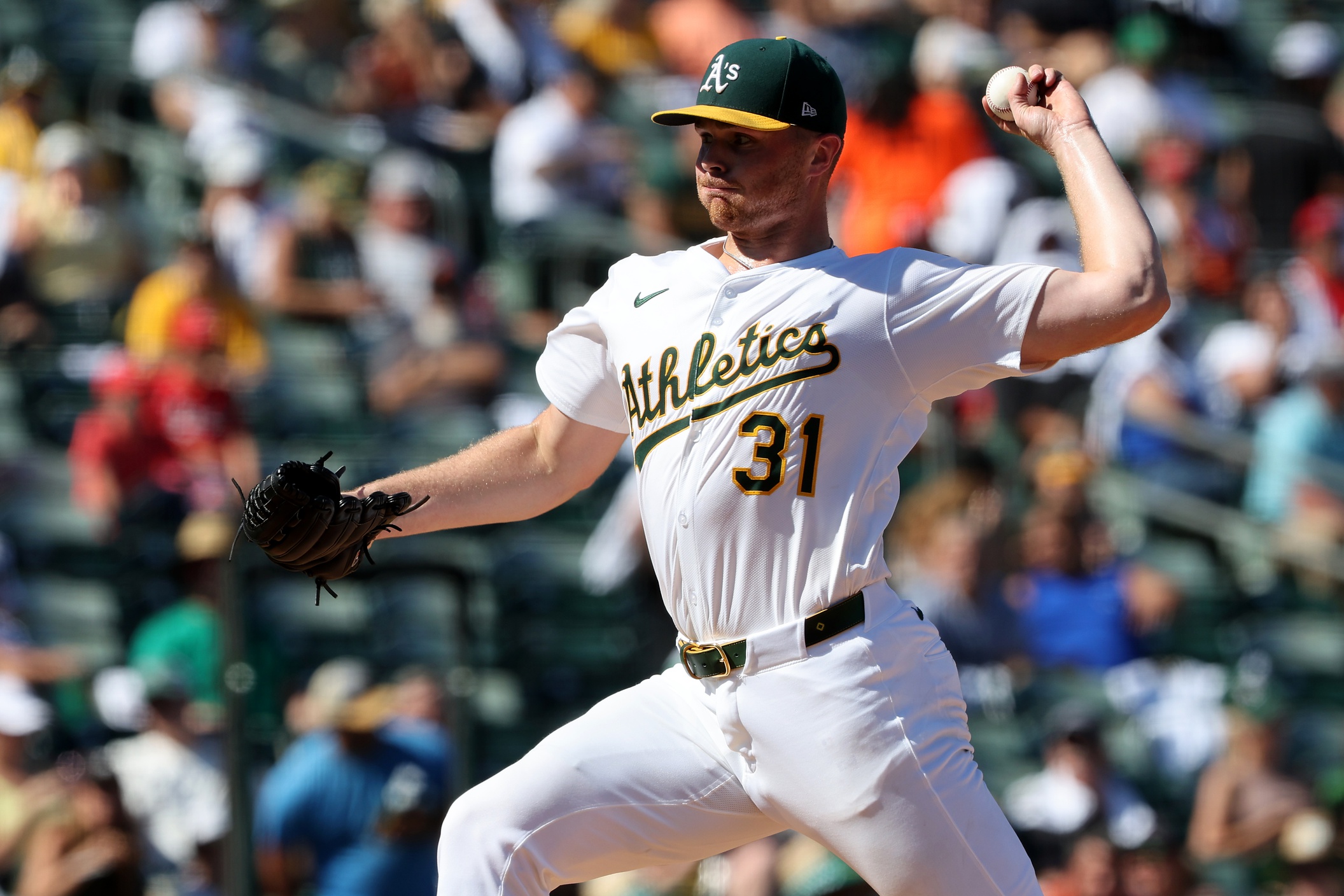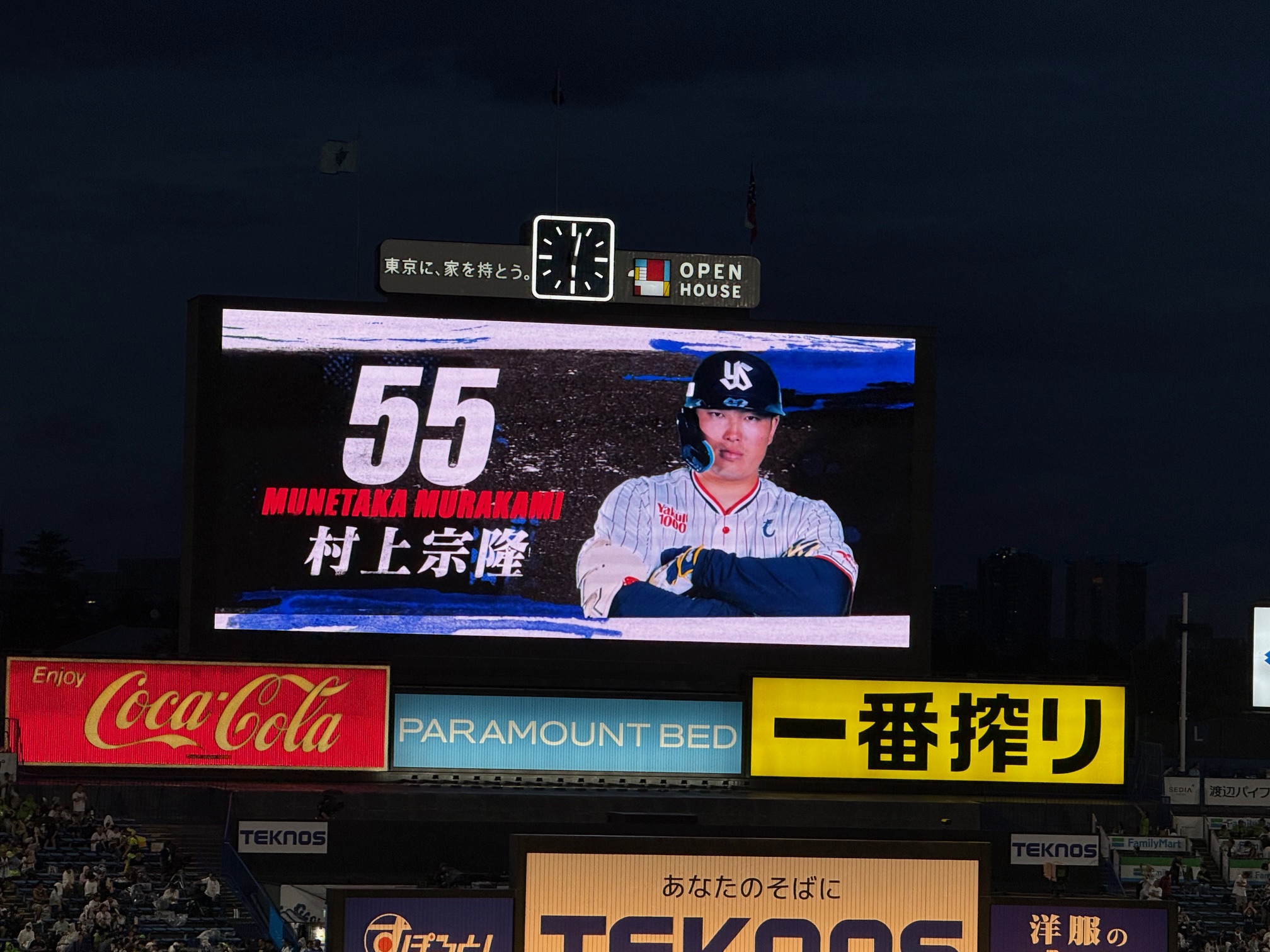Opening Day for the White Sox is still 30 hours away, but the league is supposed to get started tonight, with the Nationals playing the Yankees and the Giants playing the Dodgers.
If you believe in omens, Juan Soto testing positive for COVID-19 hours before Washington's first game of the season casts quite a pall on the possibility of conducting a normal season.
Nevertheless, the White Sox this afternoon announced the 30 players who they'll be taking into their opening series with the Minnesota Twins, and while there are a few surprises, none of them are all that exciting. The highlights:
Boring infield: The White Sox are gaming Nick Madrigal's service time, getting by with Cheslor Cuthbert and Danny Mendick instead. Madrigal's performance was so-so in training camp, but it's not like Cuthbert and Mendick balled out, and neither of them has defined strengths to plan around.
Hahn talked around it by treating it as a competition between García and Madrigal, rather than Madrigal versus the guys who haven't proven themselves to be MLB-caliber:
Platoon in right: As expected, Nicky Delmonico is taking the place of Nomar Mazara in right field, although Hahn suggested it wouldn't be a strict one. Hahn also implied that Mazara wouldn't miss a ton of time, but he would require a tune-up in Schaumburg.
Length out of the bullpen: While the White Sox made the bold move by breaking camp with Codi Heuer, they're using three other relief spots on arms that can go multiple innings (Gio Gonzalez and Jimmy Lambert from the 40-man roster, Ross Detwiler from off it).
The White Sox had 39 players on their 40-man roster, so they only needed to open one spot to accommodate Detwiler and Delmonico. They achieved that by designating the out-of-options Carson Fulmer for assignment. The writing was on the wall after a typically frustrating performance in summer camp, and the Sox apparently aren't concerned if he gets claimed off waivers.
Starting rotation (5)
- Lucas Giolito
- Dallas Keuchel
- Reynaldo López
- Dylan Cease
- Carlos Rodón
Those names are listed in order. Rodón helped generate some confidence with a fastball that averaged 93 and nine swinging strikes over 67 pitches against Milwaukee.
Bullpen (11)
- Aaron Bummer
- Steve Cishek
- Alex Colomé
- Jimmy Cordero
- Ross Detwiler
- Jace Fry
- Gio González
- Kelvin Herrera
- Codi Heuer
- Jimmy Lambert
- Evan Marshall
The bullpen has four lefties, and three of them are comfortable throwing more than an inning.
Catchers (3)
Yermín Mercedes is the unlucky party here, although Collins had the edge in catching skills and handedness of the bench.
Infielders (7)
- José Abreu
- Tim Anderson
- Cheslor Cuthbert
- Edwin Encarnación
- Leury García
- Danny Mendick
- Yoán Moncada
Outfielders (4)
- Nicky Delmonico
- Adam Engel
- Eloy Jiménez
- Luis Robert
If Madrigal's absence is limited to the amount of time needed to take a year of service time -- about a week -- it won't even be the most galling case of manipulation, as the Blue Jays intend to start Nate Pearson on the day they get a year of service time. That said, the Kansas City Royals are providing a counterexample by putting 2018 first-round pick Brady Singer in their Opening Day rotation despite the financial incentives to hold him back for a week.
It's possible that Singer could be sent back down once the Royals regain Brad Keller and Jake Junis, both of whom tested positive for COVID-19 earlier this month. That would achieve the same effect of leaving him off the roster for a week. However, that's only a real possibility if Singer pitches poorly enough. If he succeeds to the point that he's one of the Royals' best four starters -- fifth starters are almost always interchangeable -- it makes such maneuvering harder to explain, especially when there are no workload concerns in a two-month season.
This reminds me of what was written about the Royals after the draft, when they had more success than any other team in signing notable players from the undrafted prospect pool. Despite being able to only offer a maximum of a $20,000 bonus and a handful of perks, and despite the lack of renown about their development system compared to the Yankees and Dodgers, the Royals dominated the first days of the signing period.
And they did it by treating their prospects well.
The Royals jumped to the top of many players’ lists because of their demonstrated commitment to their minor leaguers. While most of Kansas City’s competitors wavered on paying minor leaguers at all this summer—and then released scores of them—only the Royals and Minnesota Twins said they would keep every prospect. Royals general manager Dayton Moore justified that action by telling reporters, “The minor-league players, the players you’ll never know about, the players that never get out of rookie ball or High-A, those players have as much impact on the growth of our game as 10-year or 15-year veteran players.”
In saying that, the Royals positioned themselves to take advantage of a very simple market inefficiency: not treating your lowest-paid employees like garbage.
“We shouldn’t be applauded for that,” Moore said in an interview this week. “That’s just what you’re supposed to do. If you accept the responsibility of a leadership position, it begins with putting others first, and if you can’t do that, you don’t deserve the privilege to lead.”
The White Sox seem to be more generous than the standard MLB franchise, but when you see the Royals lapping the field in terms of detectable respect, it makes it hard for the Sox to differentiate themselves.
I'll have to tweak the first part of the most essential 2020 White Sox series before publishing the top half later today, although not by much. Fulmer will get knocked down levels, but otherwise the landscape largely looks unchanged. Sure, the White Sox might have released Andrew Romine, but that's only to make room for Ryan Goins, and they might even be the same person for all I know.






